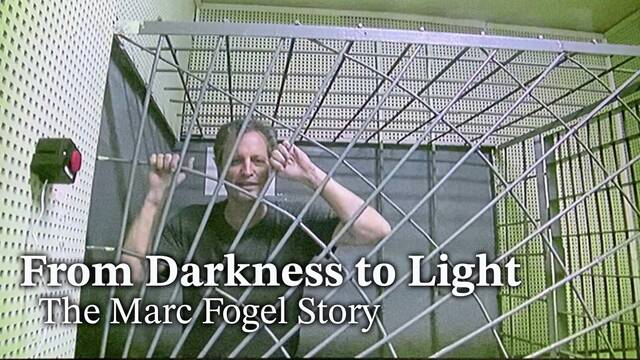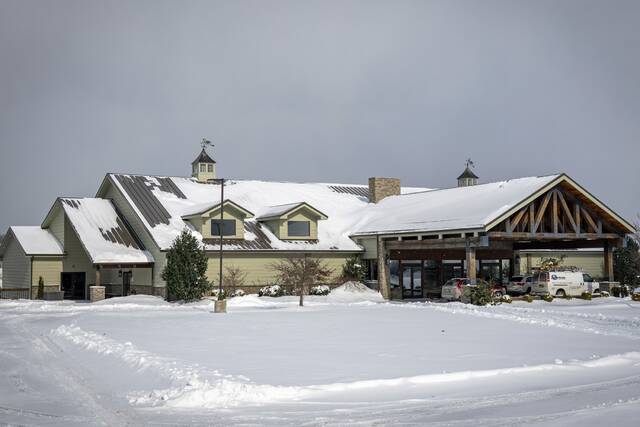Pittsburgh’s police chief says the force will keep using ShotSpotter, the controversial gunfire detection system, despite news this week that Chicago will abandon the technology.
In fact, a city councilman told TribLive that Pittsburgh plans to expand ShotSpotter’s use.
“The bureau does not have any intention to follow Chicago’s lead,” Chief Larry Scirotto said. “I do not have any information that supports a change in direction with ShotSpotter technology.”
This summer, city officials will spend $85,000 to expand ShotSpotter into Pittsburgh’s Carrick neighborhood, said city Councilman Anthony Coghill. His district includes Carrick.
Coghill believes expanding the footprint for the technology will improve emergency response times to shootings in that part of the city.
The system relies on an artificial intelligence algorithm and network of microphones to identify gunshots and improve police response times.
It has been criticized for inaccuracy, racial bias and law enforcement misuse, according to an Associated Press investigation into the technology.
The City of Pittsburgh signed a four-year, $8.3 million contract in 2021 with the California-based public safety firm SoundThinking, Inc. for ShotSpotter services, the city controller’s OpenBook records show.
To date, the city has paid nearly $1.3 million on the contract, which expires Dec. 31, 2025.
“I’m surprised to hear (Chicago’s) discontinuing it. From what I understand, it’s amazing technology,” Coghill said. “If somebody is shot, minutes are the difference between life and death.”
“I’ve heard nothing but good things about it,” he added.
City Council President R. Daniel Lavelle was unaware that Chicago planned to stop using ShotSpotter. He said he’s heard no discussion of ending the program here in Pittsburgh.
Pittsburgh police and public safety officials meet each year with SoundThinking, Inc. to formally review the ShotSpotter program, spokeswoman Cara Cruz said. Police command staff last took part in a full-day review in January.
SoundThinking, Inc. presents annual ShotSpotter metrics to Pittsburgh police during these reviews, Cruz said. The company also “outlines the cost of gun violence in Pittsburgh, and illustrates how the city’s investment in ShotSpotter saves lives and improves the quality of life in our communities.”
SoundThinking, Inc. did not respond Wednesday to a call or email seeking comment. Its proprietary ShotSpotter tool is used in nearly 150 U.S. cities.
Public safety officials decided to introduce ShotSpotter in Carrick this year after reviewing crime statistics for the neighborhood.
Public Safety Technology Manager Dan Shak said that he believes that using ShotSpotter in Carrick — an area roughly one square mile — “will allow officers to respond to the scene of the crime quicker, with increased situational awareness.”
Chicago officials plan to wind down use of ShotSpotter technology by late September, city officials told The Associated Press. Since 2018, the city has spent $49 million on the technology.
Brandon Johnson, Chicago’s first-term mayor, campaigned on a promise to end the use of ShotSpotter, putting him at odds with police leaders who have praised the system.
His office did not respond to a call and email Wednesday seeking comment.
Police in Chicago argue that crime rates — not the race of residents — determine where the technology is deployed.
“Technology is where policing is going as a whole. If we’re not utilizing technology, then we fall behind in crime fighting,” Chicago police Superintendent Larry Snelling said in October, according to the AP. “There are always going to be issues. Nothing is 100% and nothing’s going to be perfect.”
Issues with accuracy — for instance when the technology mistakenly identifies fireworks or motorcycle sounds as gunshots — have prompted cities including Charlotte, N.C., and San Antonio, Texas, to end their ShotSpotter contracts.








